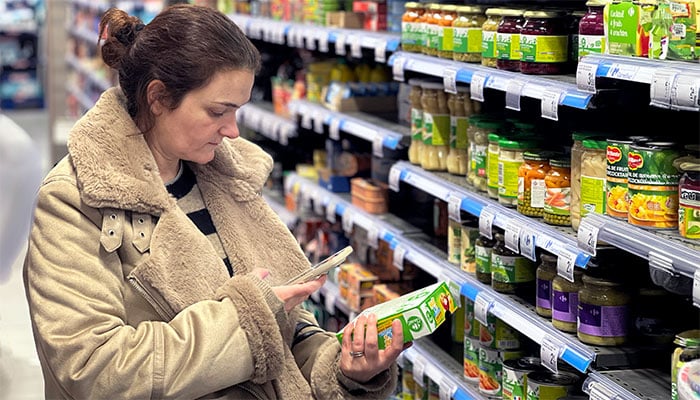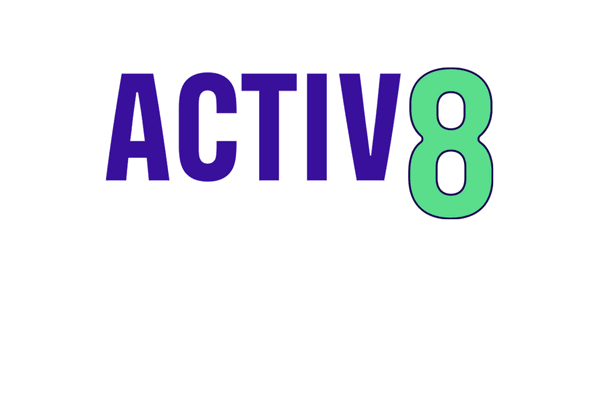 I’ve always loved food: growing it, cooking it and eating it! I don’t have a sweet tooth and usually prepare things from scratch, so I’ve always had a pretty healthy diet. However, since having children I’ve had less time to prepare all our meals. It also often feels like a constant battle with them nagging for sweets and processed foods like hotdogs.
I’ve always loved food: growing it, cooking it and eating it! I don’t have a sweet tooth and usually prepare things from scratch, so I’ve always had a pretty healthy diet. However, since having children I’ve had less time to prepare all our meals. It also often feels like a constant battle with them nagging for sweets and processed foods like hotdogs.
So, I have been looking for shortcuts to save on time. For example, my children love anything tomato sauce-based so buying ready-made tomato options is a great time saver. The question is, how healthy are these ready-made foods?
My Mum told me about the Yuka app, which she had used to check how healthy certain products were when shopping and had found it helpful, so I thought I’d give it a try.
What is the Yuka app?
Yuka is a mobile app that scans food and cosmetic product barcodes, giving you information on how healthy they are. I only tried it with food.
The app gives you a score based solely on the ingredients used in that particular product. It then splits out the score by type of additives and amount of protein, fibre, saturated fat, salt, sugar and energy in the product, which is then visually represented along a ruler from green to orange through to red.
Yuka then gives an overall score for the product as follows:
- Excellent (75 to 100)
- Good (50 to 75)
- Poor (20 to 50)
- Bad (0 to 25)
The app states that is doesn’t have adverts or sponsorships, so this removes a degree of conflict of interest.
And so, when I came to scan those tomato sauces, I was in for a pleasant surprise.
Instead of being red or orange as I thought they would be, some were green and were shown to have no additives and were low in salt and sugar. A little bonus was that the supermarket own brand sauces often came up healthier than the expensive ones.
When you do come across a poorly rated product there is the helpful element of Yuka recommending some healthier alternatives.
Taking a step back
Some products scored lower than I expected and I wondered whether or not I should be concerned. I know that too much saturated fat, sugar and salt isn’t good, but when it comes to the different additives I’m less knowledgeable.
For example, one brand of oat milk scored a poor rating of 48/100 because it contains dipotassium phosphate which is used in some dairy-free products. It details that when over-consumed this compound can increase the risk of certain health conditions. However, the app doesn’t give information on what “over-consumed” means or how much of it is used.
Another product that had me a little surprised and worried was a vegetable stock that scored 9/100 because it contained monosodium glutamate (MSG), used to enhance flavour. Many of us will have heard of this being added to a popular takeaway food. The app says this additive is hazardous and can cause symptoms including nausea, and is linked to obesity, and is believed to play a role in the development of auto-immune disorders.
I’m lucky enough to work with some nutritionists so I spoke to Matt Lambert, Health Information and Promotion Manager (and nutritionist) at World Cancer Research Fund.
He explained that:
“The amount of MSG that will typically be used in your stock cube will be so minute that you do not need to worry about it. Also, MSG has been reviewed by many expert committees and they have concluded that at current levels of use, it doesn’t represent a risk to health.
“What is happening is that the app isn’t able to give you the percentage of additives used, so whether it contains 0.01% or a larger percentage, it is scoring a product lower as soon as it contains it.
“While we should be aware of how many additives we consume, it is also worth bearing in mind that some of them have functional benefits like stopping food from going rancid. Just because a food contains certain additives it doesn’t necessarily mean the product is bad for us. We should pay more attention to the amount of saturated fat, sugar and salt it contains. It’s our overall diet and lifestyle that by far has the biggest impact on our health.”
How Yuka rate products
The Yuka app claims that its ratings are based on the evidence provided by the European Food Safety Authority, the National Agency for Food and Occupational Health Safety, and the International Agency for Research on Cancer, and that it also takes recognised European scientific studies into account. However there do seem to be a few inconsistencies, for example, when it comes to MSG.
Would I recommend the Yuka app?
Overall, I have found the app easy and clear to use. It was helpful in choosing certain pre-made products like tomato sauces and cereals as well as ultra-processed foods as it can sometimes be a little tricky to fully understand what goes into them.
However, I’d just be cautious regarding how Yuka rates a product especially in relation to additives.

